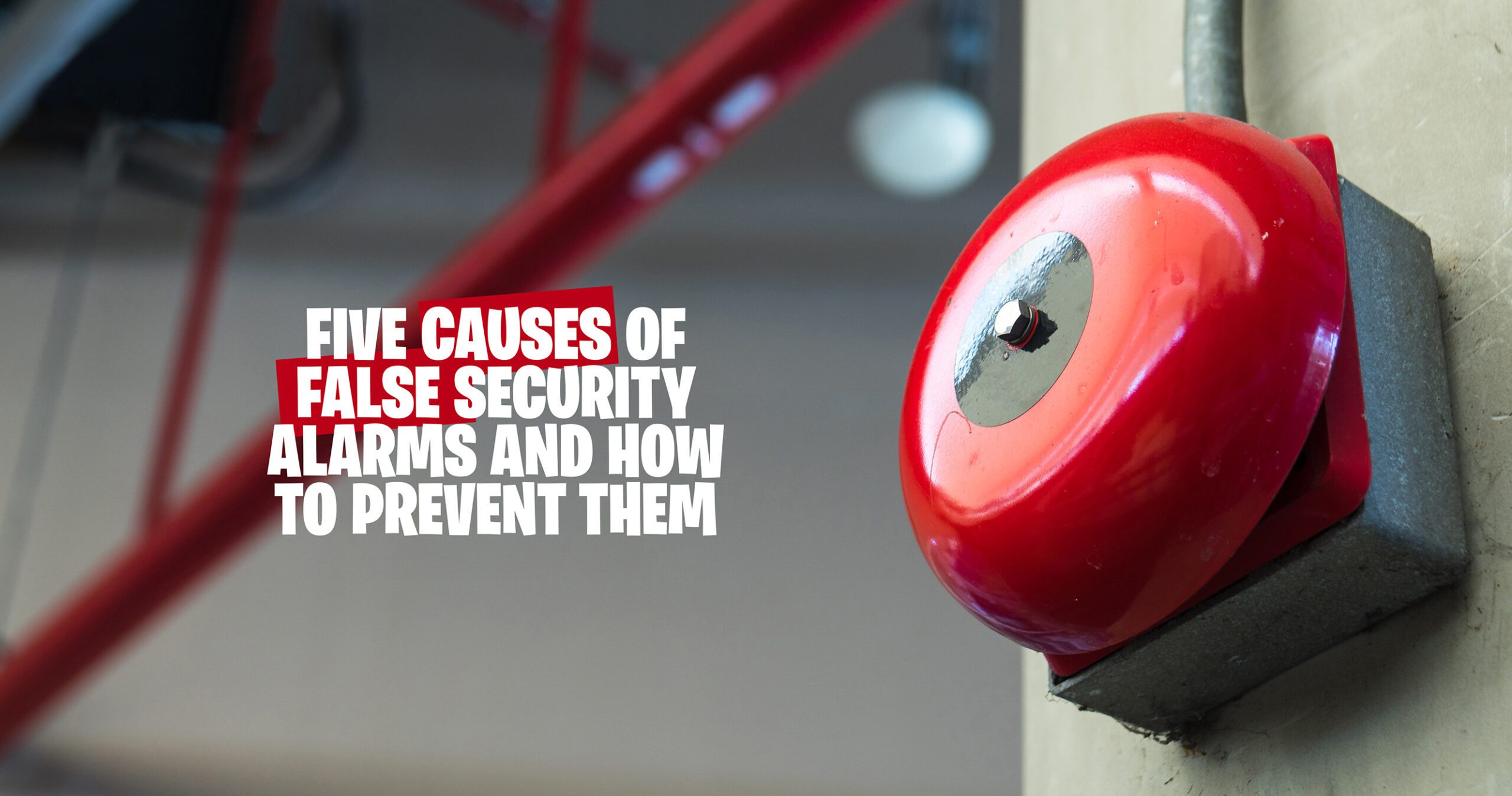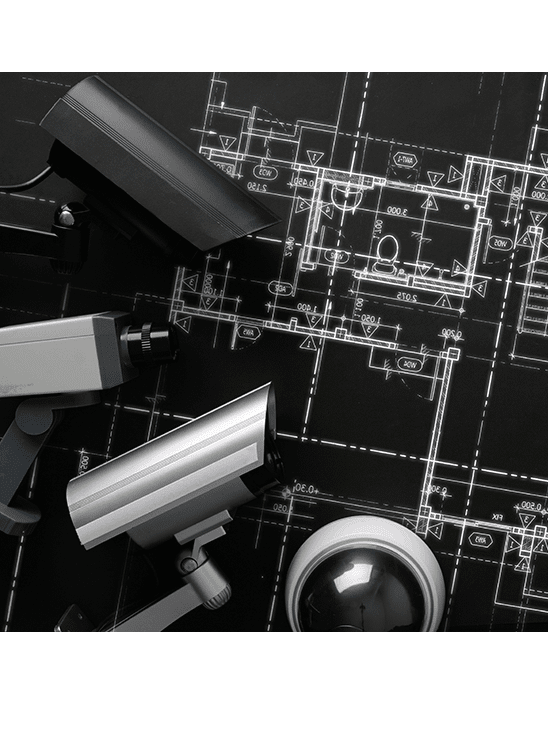
While alarm systems are an essential part of an all-round security system, false security alarms can be a massive inconvenience. For example, at a commercial building, they could disrupt work, and even shut down the business for the day. In this post, we will discuss what constitutes a false alarm, the primary causes of false security alarms, and how to prevent them.
False security alarms can pose a major problem with both monitored and unmonitored alarm systems. Nevertheless, it is important to note that the best way to prevent them is to understand what causes them to begin with. One major concern is that repeated false alarm alerts could lessen employee’s response time and inadvertently put them in danger. In addition, false alarms could lead to fines from public safety departments for engaging their services in error. As such, false security alarms should be avoided as much as possible.
What is a False Security Alarm?
To answer this question, let’s first define what a Security Alarm is. A security alarm is triggered when a predefined action, or lack of action occurs. For example, a motion sensor security alarm is triggered when motion is detected within a specified area. A false security alarm occurs when an alarm is triggered for an action without the action taking place. Using our example of the motion sensor alarm, a false alarm would occur when an autonomous motion vacuum triggers the alarm with its automated motion.
Regardless of how the false alarm trigger is caused, it can be an inconvenience, waste valuable time, resources, money, or lead to costly fines.
What causes False Security Alarms?
False security alarms are a common problem with security systems for homes and businesses. Here are five of the most common causes of false security alarms:
- Faulty Installation: Faulty or incorrect installation is one of the primary causes of false security alarms. This could be caused by improper wiring, inadequate testing, or faulty equipment.
- Interference: Another common cause of a false alarm notification in home security systems is interference. When this happens, it is usually because of electromagnetic interference with the alarm device, setting it off. These electromagnetic interferences can be caused by installing an alarm device too close to electrical cables, radio waves, phones, fluorescent lights, microwaves, or other electronic devices.
- Alarm System Malfunctions: False security alarms can also be caused by a device malfunction. These system malfunctions can occur when there is a problem with the internal device wiring or settings.
- Human Error: In general, the most common cause of a false security alarm is human error. Examples of human error include entering an incorrect passcode or forgetting to turn off the alarm after entering the house.
- Faulty equipment: Lastly, faulty equipment can cause false security alarms. Faulty equipment is any hardware or device that has manufacturer errors. For example, an alarm could have frayed internal wiring that makes it more susceptible to electromagnetic interference. Faulty equipment can even lead to security breaches that never trigger the alarm. In these cases, it’s best to replace the security device.
How to prevent False Security Alarms
The following are practical steps homeowners and business owners can take to prevent false security alarms and ensure the safety of their properties:
- Ensure that the alarm systems are properly installed and maintained by qualified professionals. Security solution companies like Access Security Solutions LLC are trained in proper techniques for installation of alarm systems. They also purchase quality products from leading security solution manufacturers to ensure that customers do not experience false security alarms due to improper installation or manufacturer defects.
- Customers should request adequate training on proper use of alarm systems to reduce human error.
- It is also important to ensure the alarm system is regularly updated with the latest software. In addition, it is important to regularly test alarm systems to ensure proper function, as well as ensure that alarm sensors are properly calibrated. This maintenance service is one that can be provided by a security solutions company.
- Customers should also be aware of common issues that may trigger a false alarm. Examples of this include using aerosols near fire alarms and motion detectors or mistakenly leaving windows and doors open while activating an alarm system.
- Finally, pets and other inanimate automated objects should be considered when activating alarms, so they don’t trigger a false alarm.
To conclude, false alarms can be an inconvenient and costly occurrence. However, understanding and removing false triggers from one’s home or business can help reduce and even eliminate their occurrence.
Our company, Access Security Solutions LLC, provides service, installation, and maintenance services for both Home and Commercial Alarm Systems. If you are in the market for a security solution for your home or business, we encourage you to contact us today for a customized solution for your specific needs. You may also contact us directly online, over the phone at 510-356-0083 or on Facebook, Twitter or LinkedIn today.
